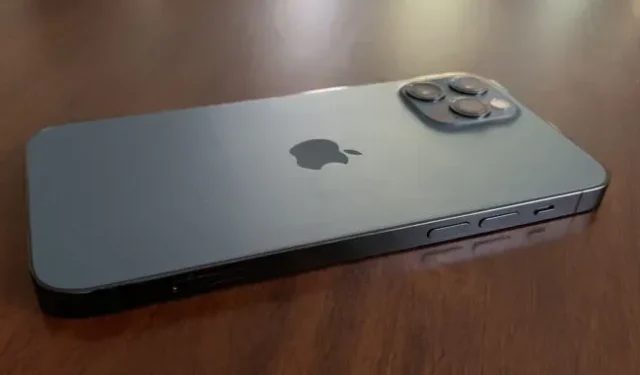Brazil suspends iPhone sales without charger and fines Apple $2.3 million

The Brazilian government has suspended the sale of iPhones without chargers. Apple is also facing a BRL 12,275,500 fine (about $2.3 million) from the Brazilian Ministry of Justice and Public Security (MJSP). This is in addition to a reported $2 million fine that Apple imposed in 2021 after announcing its first smartphone in the iPhone 12 series, which will ship without a power adapter in the box. Apple may appeal Brazil’s decision.
MJSP also ordered the de-registration of the iPhone 12 with Anatel, the Brazilian national telecommunications agency.
In 2021, the Brazilian state of São Paulo’s consumer protection agency, Procon-SP, fined Apple $2 million for the iPhone 12. It said that Apple sold what the country considers a work in progress. Since then, Apple has not been working to “minimize the damage and continue to sell cell phones without chargers,”according to a Portuguese translation of the Google announcement.
Samsung faced similar repercussions from the Brazilian government but reportedly decided to provide free chargers to customers in Brazil who bought its new smartphones that came without a power adapter.
At the time of writing, iPhone 12 and later are still available for purchase from Apple’s Brazil website.
“In case of repeat violations, Apple may be recognized as a repeat offender with new, even more severe penalties,”the MJSP said in a statement.
When Apple first announced in 2020 that it was removing power adapters from its new iPhones and EarPods, it mentioned an interest in “further reducing carbon emissions and eliminating the mining and use of precious materials, allowing for smaller and lighter packaging and enabling 70 percent more boxes to ship on a pallet.”
“Together, these changes will reduce carbon emissions by more than 2 million metric tons per year, the equivalent of removing nearly 450,000 vehicles from the roads per year,” Apple said at the time.
In its 2020 iPhone 12 Product Environmental Report [ PDF ], Apple stated that, based on “estimated production volumes,”it expected that by getting rid of some bundled iPhone 12 series accessories, it would avoid “producing more than 600,000 metric tons [of] copper, zinc and tin ore.”
However, the Brazilian government refutes this, stating that Apple has only shifted the burden to the consumer.
It also argued that if Apple was so concerned about the environment, it could do more, such as making its iPhones support USB-C charging (which Apple is rumored to be considering). In June, Anatel announced a proposal to make USB-C mandatory for phones sold in Brazil. The European Union has already passed legislation requiring USB-C charging on smartphones and other electronics by 2024. Meanwhile, some politicians are pushing for a similar USB-C strategy in the US.
Finally, the Brazilian federal ministry noted that the removal of chargers from iPhone boxes did not lead to price reductions.
“Therefore, it is understood that the price is mainly determined by the commercial strategy, and does not correspond to the cost of production,” the message says, according to Google translation.
Apple is expected to announce the sale of the iPhone 14 without charger tomorrow during the Far Out event.
Ars Technica has reached out to Apple for comment and will update this article if we get a response.
Leave a Reply